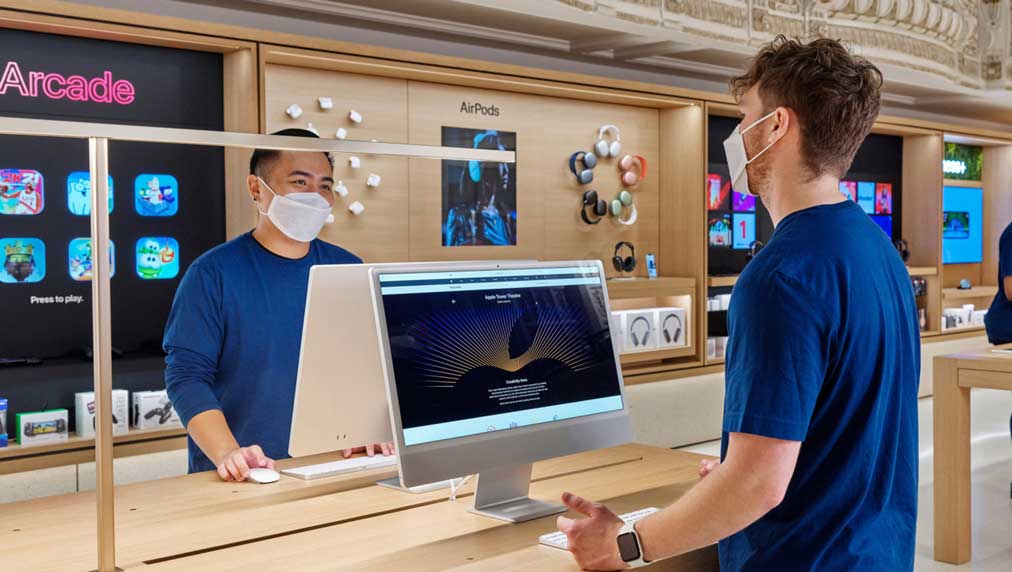The ABK Workers Alliance’s response to Activision’s decision to end hybrid working arrangements highlights a growing concern in the modern workplace regarding flexible work policies. Activision, a prominent player in the gaming industry, has apparently decided to shift away from hybrid working models, prompting a reaction from the ABK Workers Alliance, which represents a segment of the company’s employees. The Alliance’s statement that “a one-size-fits-all mandate harms us all” encapsulates the broader debate around flexible work environments in the post-pandemic era. Here’s a deeper look at this issue:
Activision’s Decision on Hybrid Working:
- End of Flexibility: Activision’s move to end hybrid working suggests a return to more traditional, office-centric work models.
- Possible Reasons: While the specific reasons behind this decision aren’t clear, companies often cite collaboration, company culture, and management preferences as factors.
ABK Workers Alliance’s Stance:
- Advocating for Flexibility: The Alliance’s response underscores the importance many employees place on flexible working arrangements, including the option to work remotely or in a hybrid model.
- Emphasis on Harm: Their statement suggests that rigid work policies could be detrimental to employee well-being and productivity.
Implications of a One-Size-Fits-All Approach:
- Employee Morale and Satisfaction: Mandatory in-office policies could negatively impact employee morale, especially for those who have adapted to and thrived in a hybrid work environment.
- Work-Life Balance: Hybrid models are often seen as more conducive to a healthy work-life balance, offering employees more control over their schedules and reducing commute times.
Changing Workplace Dynamics:
- Post-Pandemic Shifts: The COVID-19 pandemic prompted a significant shift towards remote and hybrid work models, with many employees expecting continued flexibility.
- Diverse Employee Needs: Workforce demographics and individual employee needs vary widely, making flexible work policies more appealing and practical.
Potential for Negative Outcomes:
- Talent Retention and Attraction: Strict in-office policies could affect a company’s ability to retain and attract talent, especially as many workers now prioritize flexibility.
- Productivity Concerns: While some argue that office work enhances productivity, others find they are more productive in a flexible environment.
Broader Industry Perspective:
- Gaming Industry Culture: The gaming industry, known for intense work cycles and “crunch” culture, is under increasing scrutiny regarding work conditions.
- Industry Standards: Activision’s decision and the subsequent response could influence workplace policies across the industry.
Looking Forward:
- Dialogue and Compromise: This situation highlights the need for dialogue between employers and employees to find a compromise that balances organizational needs with employee preferences.
- Monitoring Impact: It will be important to monitor the impact of Activision’s policy change on its workforce and operations, as well as the response from the ABK Workers Alliance and the broader employee base.
In conclusion, Activision’s decision to end hybrid working arrangements and the response from the ABK Workers Alliance bring to light the complex considerations around workplace flexibility. As companies navigate the post-pandemic world, the challenge lies in balancing operational and cultural needs with the diverse preferences and expectations of their workforce. This scenario at Activision may serve as a case study for other organizations grappling with similar decisions about their working models.


